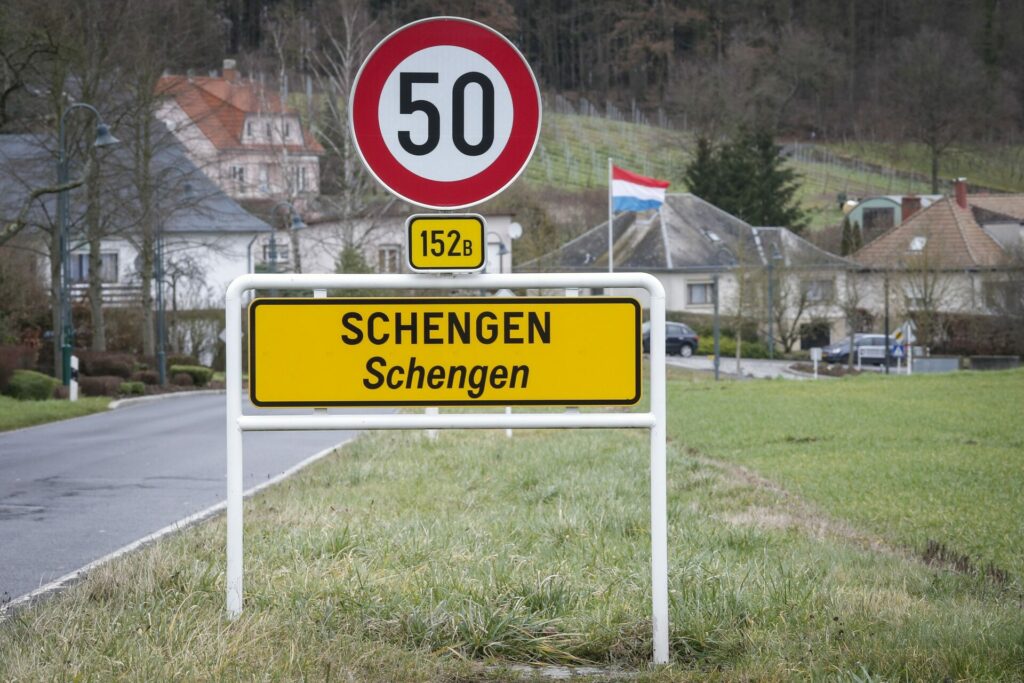The Schengen area is widely hailed as one of the greatest achievements of the European Union, allowing the free movement of people, goods and services across the continent.
However, not all EU member states are part of the Schengen area, with Romania and Bulgaria’s accession being currently opposed by Austria, despite both countries having successfully completed the Schengen evaluation process and receiving recurrent support from the European Commission and the European Parliament.
As a potential solution to the political deadlock that generated serious consequences between Austria, and respectively Romania and Bulgaria, the federal government in Vienna could consider a two-phase solution for the Schengen accession of the two countries.
The two stages would involve an initial and immediate accession of the international Romanian and Bulgarian airports, followed rapidly by the terrestrial and maritime borders. This would be only fair and allow for a gradual and flexible approach, taking into account the different levels of preparedness and compliance of the two countries with the Schengen rules and standards.
This solution could be beneficial for Austria as well, overcoming the current political and diplomatic obstructions that are in the way of European unity. The incentives for Austria to stop opposing the Schengen enlargement are strong, and include reduced transit time for Austrian economic actors, many of whom are highly present in the two Eastern European countries, facilitating more imports and exports, as well as reducing the risk of political blockages surrounding the Neptune Deep project, a deep-water offshore gas field development project located in the Romanian sector of the Black Sea that risks being blocked by Romanian Prime Minister Marcel Ciolacu in case Austria does not lift its veto.
By supporting the two-phase solution, the federal government in Vienna could also demonstrate its commitment to European solidarity, at a time when nationalist movements all over Europe threaten to polarize the Union. Key political figures in Austria, including President Alexander van der Bellen and Vice Chancellor Werner Kogler have strongly championed the expansion.
As the official EU figures provided by Frontex have proven time and time again, the main migrant route into Europe crosses the Western Balkans. Therefore, the security argument against the Schengen accession is not valid, especially considering that the evaluation process of the European Commission highlighted that both Romania and Bulgaria have made significant efforts to improve their border management and cooperation with other Schengen states. Acceptance of these two countries would therefore only contribute to a better functioning of the Schengen area and to an enhanced joint management of illegal migration.
Romania and Bulgaria are expecting a positive vote at the Justice and Home Affairs Council taking place on 4-5 December, in line with their significant efforts and reforms over the past years. Both countries seem willing to continue to show support for maintaining cohesion at the European level, and to overcome the rift caused by the Austrian government’s politicization of the matter for short-term electoral gains against the far-right.
The two-stage accession seems to represent a good compromise solution not only for Romania and Bulgaria, which are long overdue to enter the Schengen area, but also for the incumbent Austrian government, not least because it would demonstrate that European solidarity is still a valued principle in Vienna.


